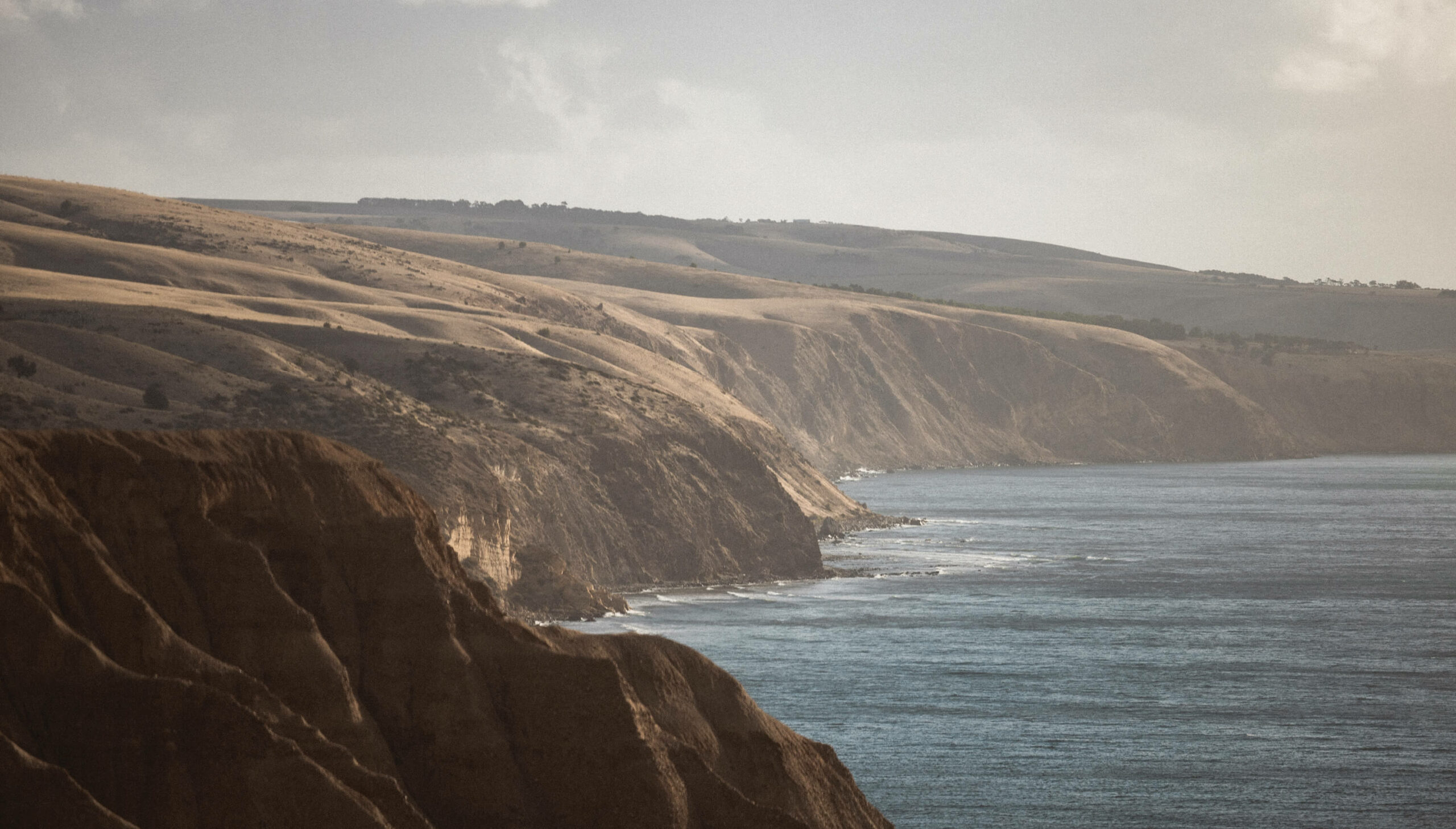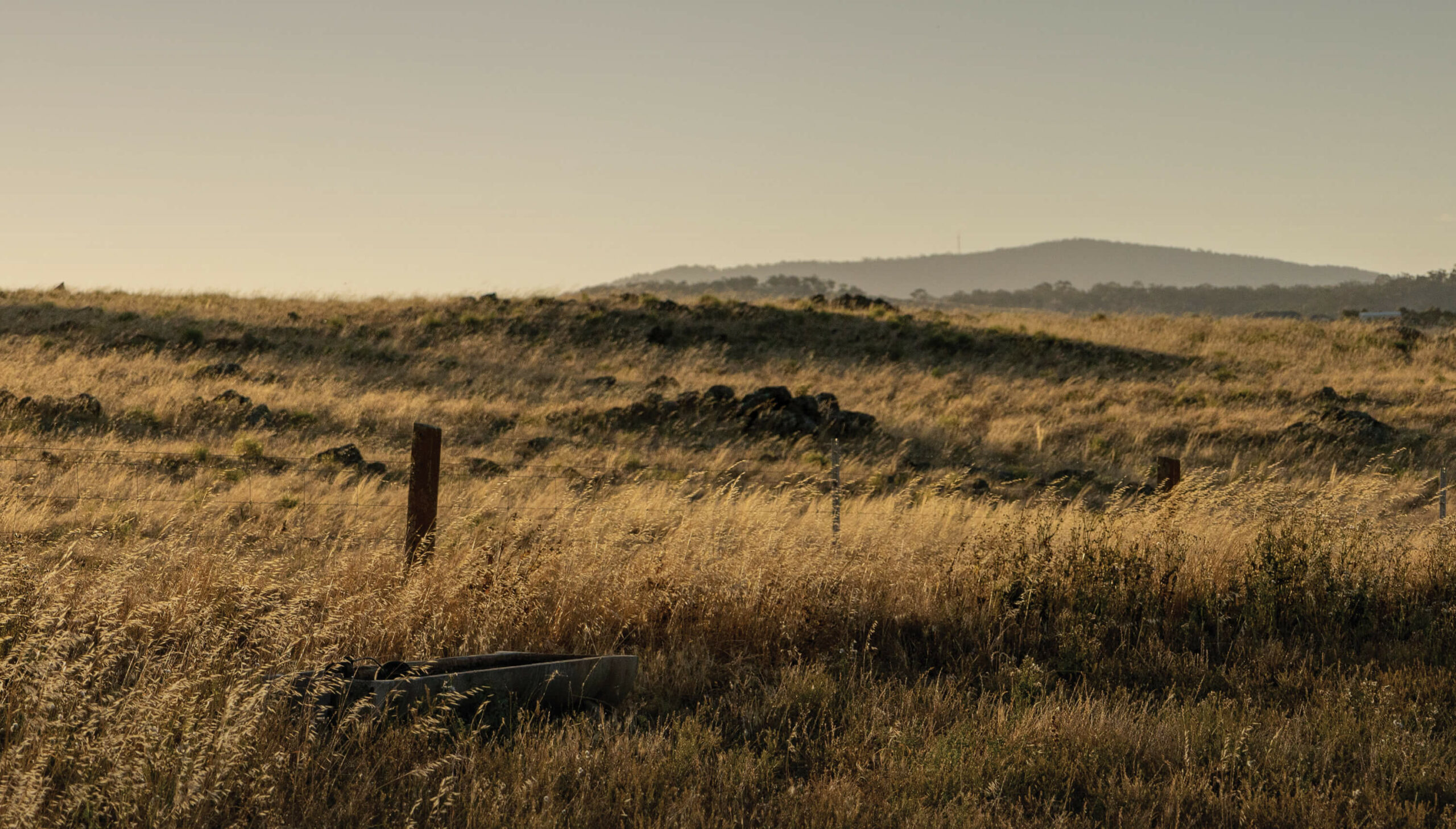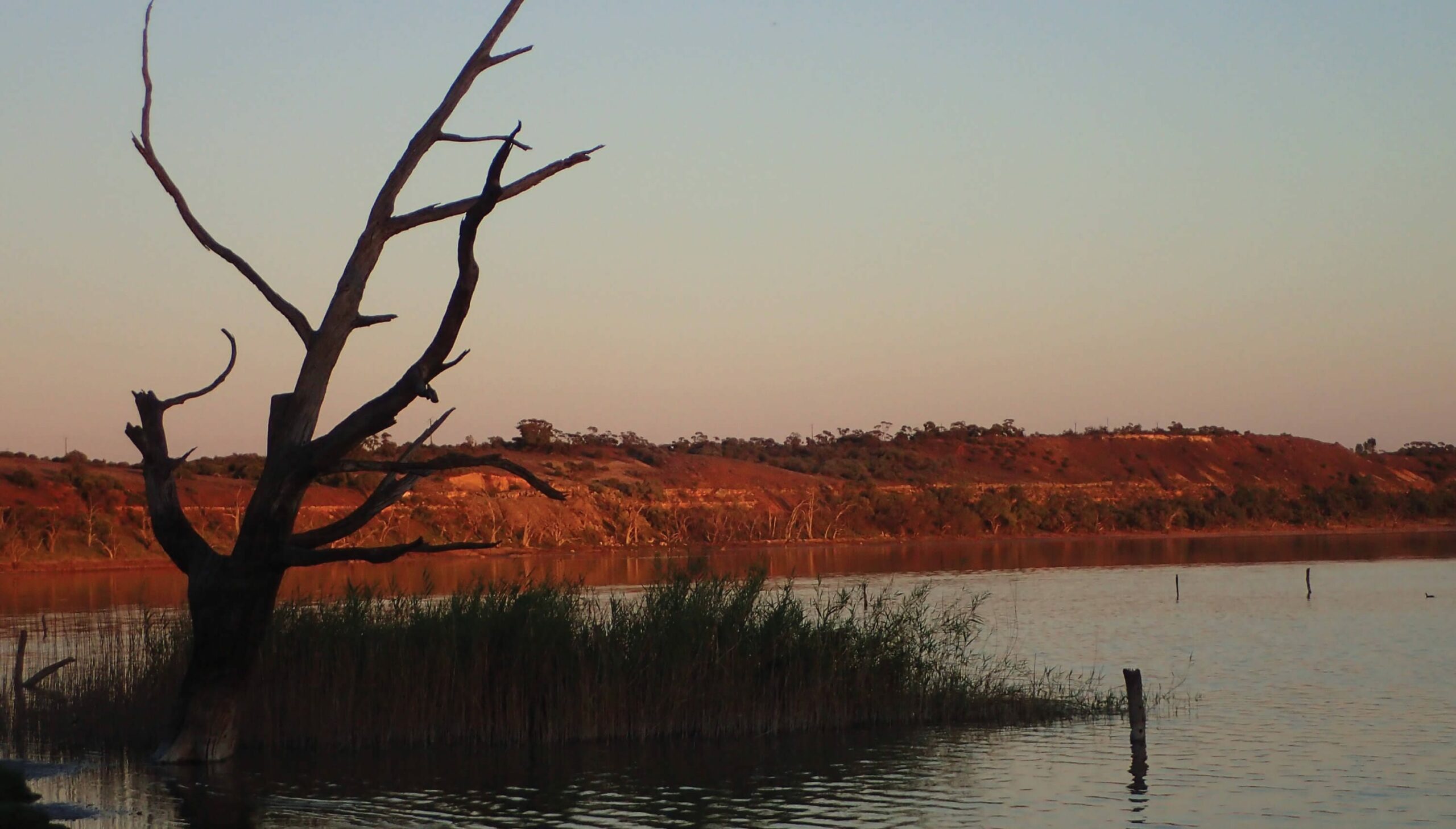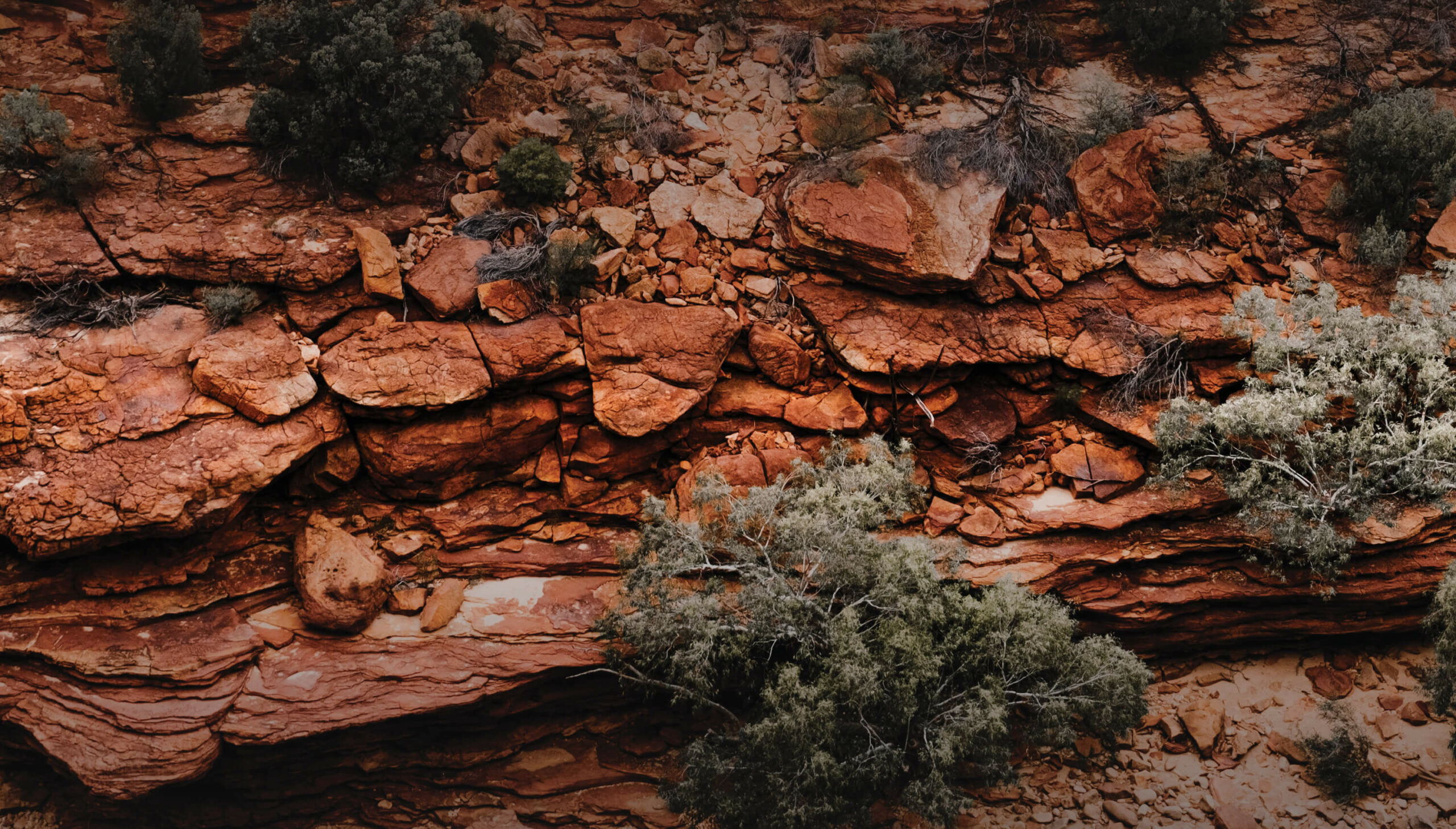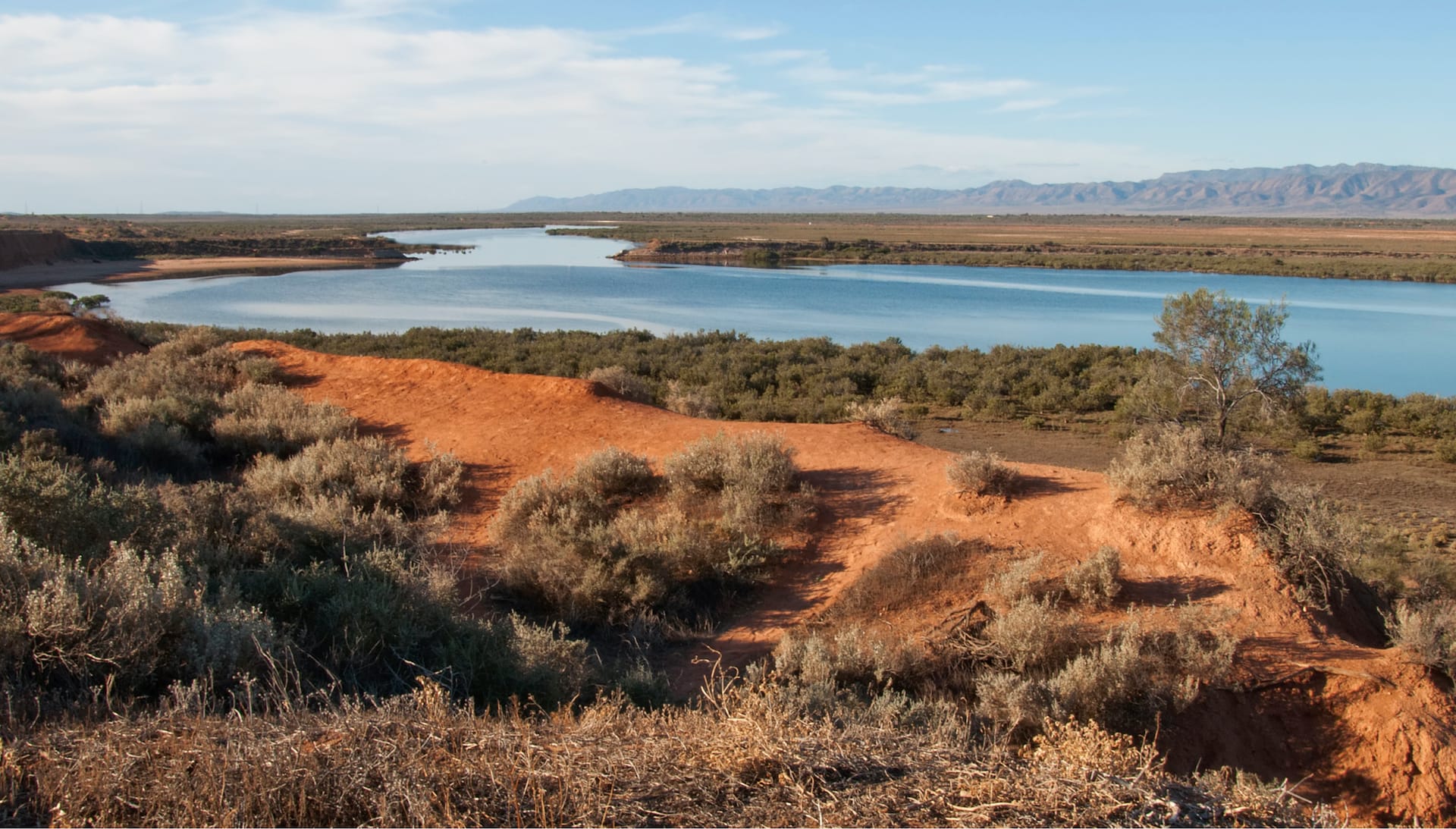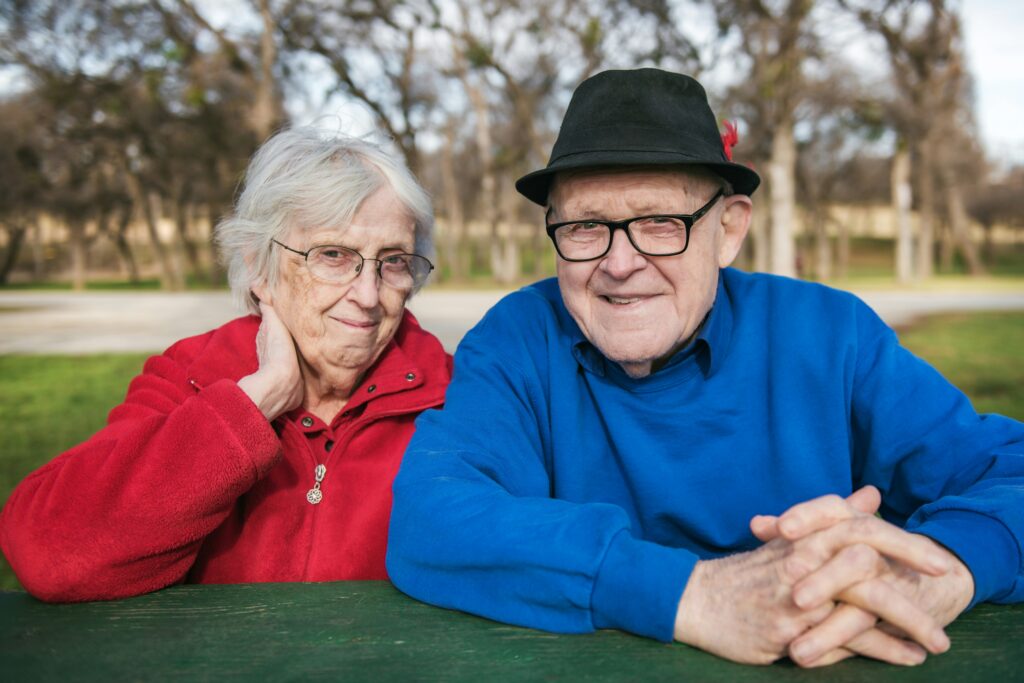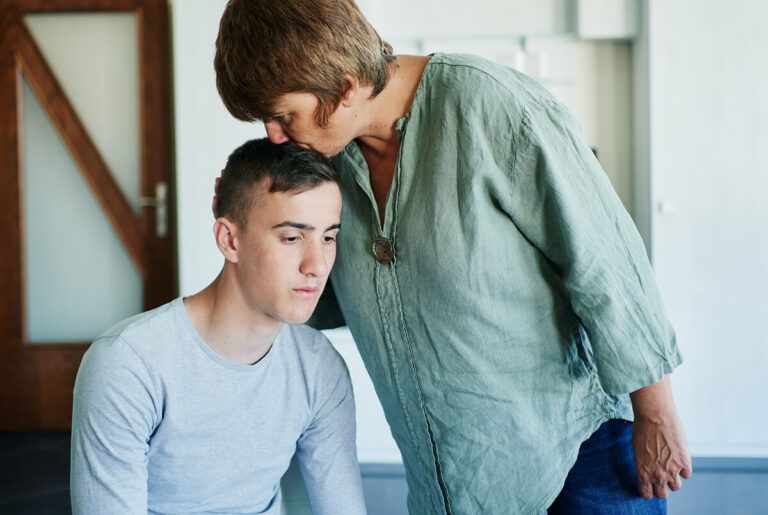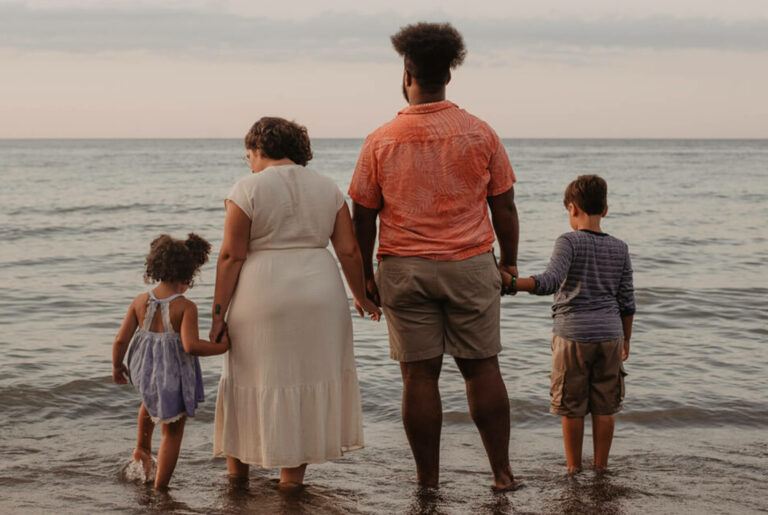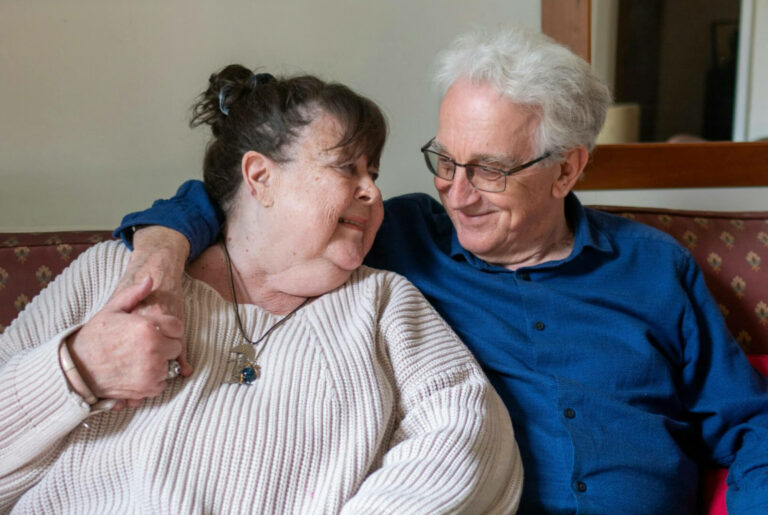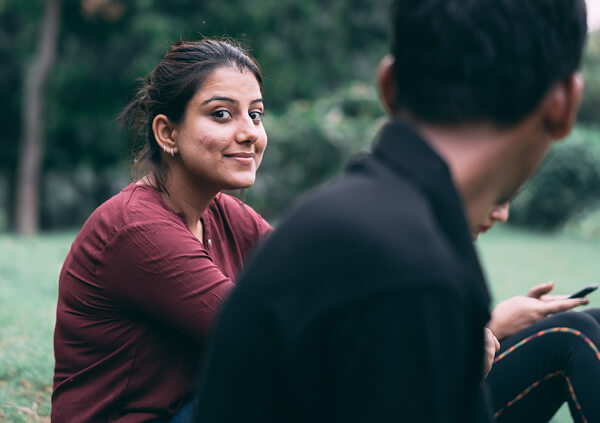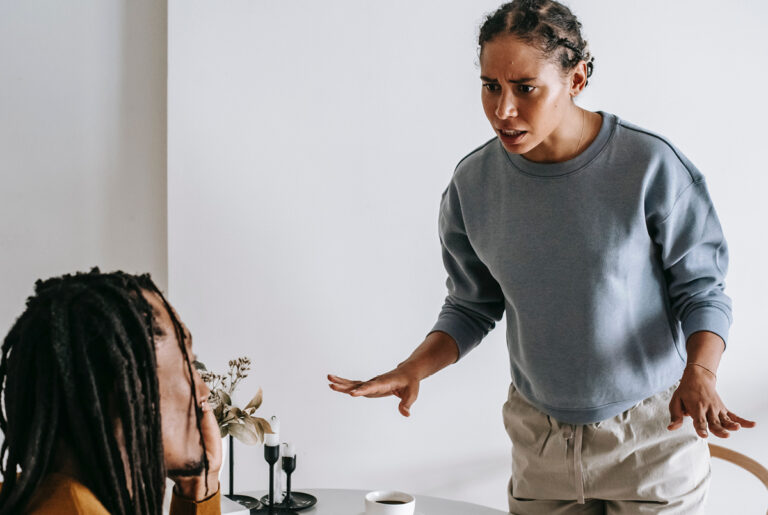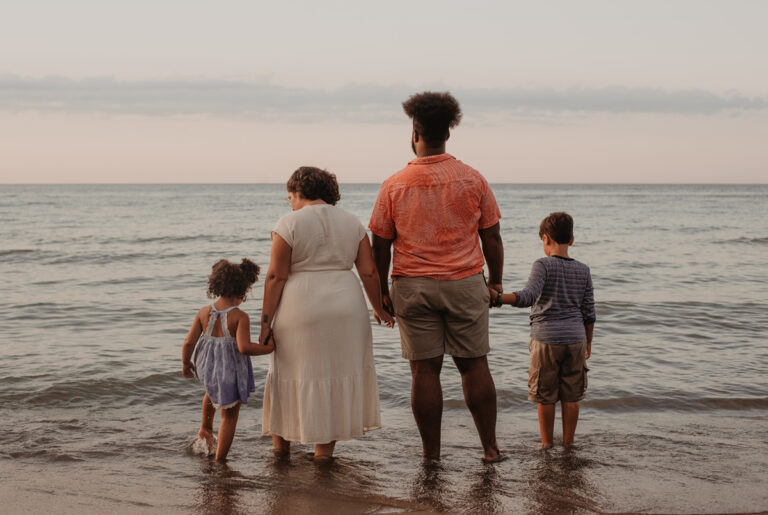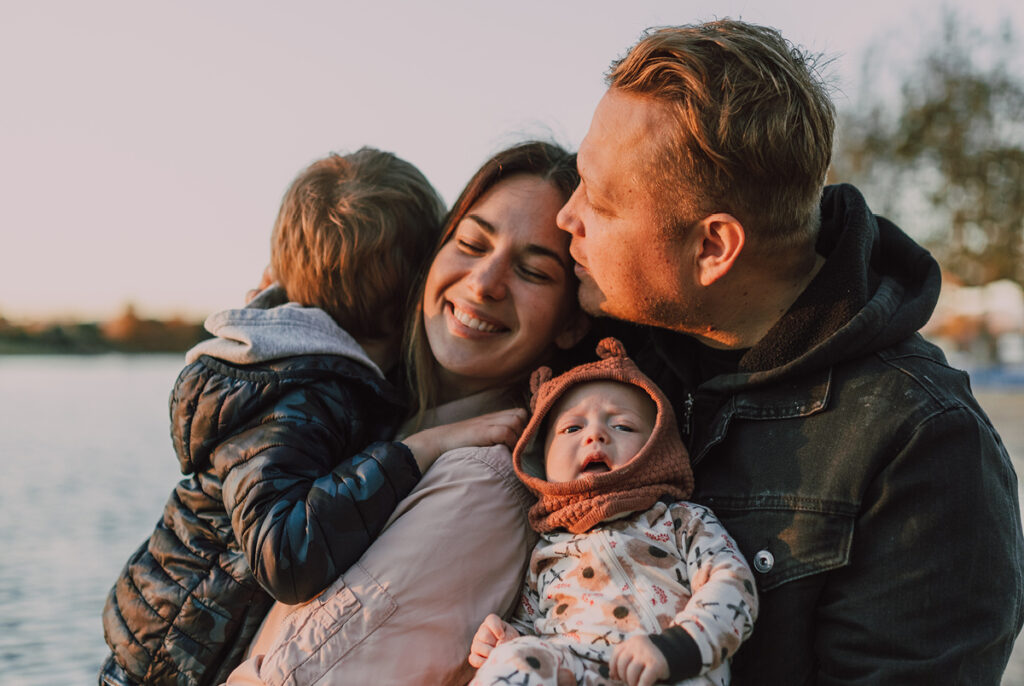Overview
Who It's For
Families and couples with high conflicts who need support in decision-making regarding the care and safety of ageing persons.
How We Help
We provide assistance and support to reduce conflict among family members so they can work together more productively and focus on the ageing people's care needs.
What to Expect
Individual intake sessions, family meetings, care plan creation + implementation. In-person and telehealth appointments available.
How we help:
01
Enabling effective communication, negotiation and problem-solving skills.
02
Providing educational resources about care.
03
Facilitating the creation and implementation of an ageing person's care plan.
04
Recommending how to resolve non-legal conflict.
05
Supporting ageing people's self-determination.
06
Promoting safety by monitoring at risk situations.
Funding Acknowledgment
The Eldercaring Coordination Pilot is a partnership between Relationships Australia SA and University of South Australia. It is serviced by Adelaide and Northern Family Relationship Centres in South Australia.
